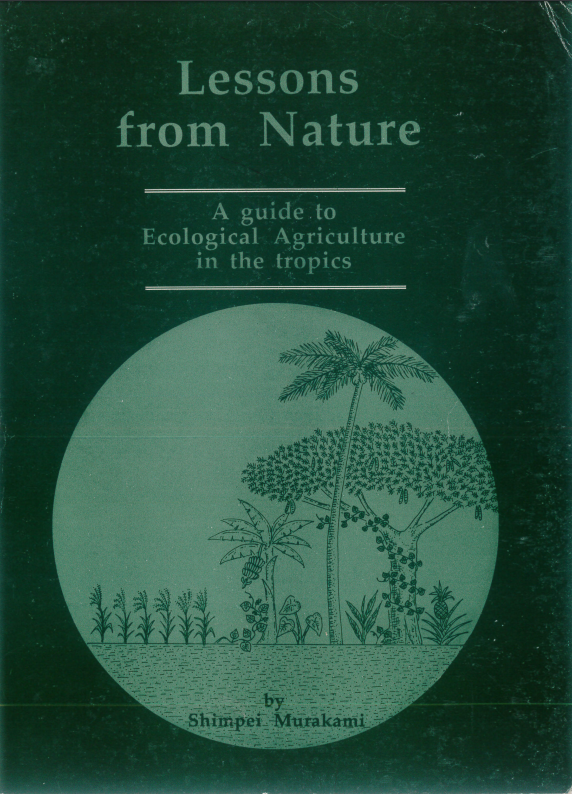Resource information
Over millions of years, nature has built up an intricate system of relationship of exchange and mutual dependence among its elements - land, water, air, forest, sunlight and living things - to create what we call the ecosystem. It is the life support system of all living things on this planet and provides not oniy the daily needs but also saves resources for future generations. But this very life support system is endangered by man's aggression against nature. In the last few decades, the aggression has reached unprecedented levels. Blinded by his so-called 'scientific and technological achievements' he believes in 'conquering' nature and that it can be exploited endlessly. This is nothing but arrogance and an excuse for rapacious greed. With all his bragging about science and technology he fails to understand the superior science of nature. Based on this false understanding, man's relationship with nature has turned into one of enmity. But in this war of aggression, man is certainly going to be the loser; he and other living species will face extinction. Already, the signs are foreboding - global warming, acid rain, ozone layer depletion, massive deforestation, advancing deserts, prolonged drought, marauding flooc and apocalyptical cyclones are ravaging many parts of the earth.
However, the destruction of the environment is not only the result of man's arrogance of science, but also a result of the way he has organized his society - its economic, social and cultural systems. The economic system encourages monopolization of resources by a few, the social system promotes the acquisition of power by a small minority at the cost of disenfranchising many, and the cultural system advocates greed and reckless consumption in the name of individualism.
If sanity does not prevail upon man, then he will soon destroy the environment and with it himself and other living things. For survival, he has to build a society which is based on equitable and sustainable sharing of resources which decentralizes social power and promotes consumption based on need, not on the greed of a few. His technology and science should try to understand the principles and laws of nature and derive sustenance in a sustainable manner by harmoniously blending technology and science with the superior technology and science of nature.
This book, Lessons from Nature by Mr. Shimpei Murakami is a praiseworthy attempt to explore the rules and principle's of nature and how these could be better understood and applied to develop an alternative agricultural system which is not only wholesome, but also sustainable. His long working experience in Japan and 3 years experience at the Ecological Farm of Proshika has made this book very practice-oriented and at the same time, he explains meticulously, the ecological principles behind each practice. As this book is written in the context of Bangladesh, it may be the only book suitable for practitioners of ecological agriculture in Bangladesh. Apart from this, it will be an excellent resource for environmentalist who will find very good reading how agricultural resources - soil, water, biodiversity etc. - are damaged by chemical agriculture. Unlike many books on the environment, this book does not stop at describing the problems only. Mr. Murakami describes in detail the alternatives and give rational hints for practice. Above all, after reading this book, one is left with a feeling of optimism, that viable alternatives to the monumental damage to the environment exist. He proves, not theoretically but practically, that ecological agriculture is not only environmentally friendly, but also more productive and sustainable than chemical agriculture. Anyone reading this book will be convinced that ecological agriculture is based on the superior science of nature and, therefore, it is the way for the future.


